What Is Your Metabolic Age and How Do You Improve It?

Related products
Metabolic age represents the efficiency of your body's ability to convert food into energy. By understanding one's own metabolic age, it creates awareness about potential health complications related to metabolism efficiency and can stimulate changes in lifestyle aimed at boosting overall well-being
What is metabolic age?
The idea of metabolic age was introduced by health experts as a method to compare one's metabolism efficiency with those within the same age group. Essentially, it offers an insight into your overall body health from a metabolic viewpoint. Dr. Robert Lustig clarifies that if for your chronological age and gender you exhibit lower than standard metabolic rate, it indicates that your 'metabolic' or 'biological' age is higher than actual years.
Metabolism plays a pivotal role in managing nutrient intake from the diet for efficient conversion into energy required by our cells – meaning having an advanced (older) metabolic age than your physical years might indicate inefficient functioning causing feelings of lethargy or consistent lack of energy akin running on low-fuel mode.
Factors Influencing Metabolic Health
Genetics
Our genes partially dictate our metabolic rate. Studies have shown that some individuals are genetically inclined to possess either a faster or slower metabolism which can influence their metabolic age. Experts such as Dr. Claude Bouchard at Pennington Biomedical Research Center asserts that our DNA dictates a significant portion (40-70%) concerning variation in resting metabolic rates amongst individuals.
Lifestyle Factors
Diet, exercise, and sleep significantly influence how effectively our bodies convert food into energy – impacting the calculation of metabolic age in turn.
- Diet- Nutritional choices directly impact how effectively our bodies convert food into energy—consumption of balanced meals replete with proteins, complex carbohydrates & healthy fats accelerate metabolisms versus unhealthy dietary patterns which have contrary effects according to The Journal of Clinical Endocrinology and Metabolism.
- Exercise - Regular physical activity enhances both basal (resting) and active metabolic rates thereby helping maintain ideal levels for one’s chronological stage. It promotes muscles that burn more calories than body fat hence proving beneficial for increasing basal metabolic rate--the amount of energy expended while at rest suggests Mayo Clinic studies.
- Sleep - Adequate quality rest plays a crucial role in overall health including ensuring optimum functioning of the body's metabolizing processes as consistent poor sleep patterns can adversely impact these leading towards an older-than-yearly-calculated metric.
Hormonal Changes
Hormones regulate numerous bodily functions inclusive of metabolism; hence shifts occurring due to aging processes like reduced thyroid function often result in altered hormone productions negatively affecting individualized conversion-energy efficiency contributing subsequently toward advanced numbers seen on corresponding biological-clock readouts compared to actual ages.
Disease State/Health Conditions
Chronic diseases like hypo/hyperthyroid disorders or diabetes can significantly alter normal metabolism thereby influencing biological ages, adds American Thyroid Association reports.
Environmental influences
Environmental factors like pollutants and toxins can impact metabolic age by disrupting normal bodily functions. For instance, endocrine-disrupting chemicals (EDCs) interfere with hormones affecting metabolism rates, says Dr. Leonardo Trasande at NYU Langone Health Center.
By being aware of these influential aspects, persons stand better equipped to address mitigating areas about their elevated (older) metabolic age besides forming focused approaches to accomplishing individualized health goals increasingly effectively today.
How can you determine metabolic age?
Traditional Methods
Determining one's metabolic age traditionally involves measures such as Body Mass Index (BMI) and body fat percentage; however, these methods have certain limitations:
- BMI: This calculates weight against height but doesn't account for muscle mass differences essential in determining true metabolism efficiency.
- Body Fat Percentage: Although a better gauge than BMI alone due to its inclusion of adipose versus non-fat tissue ratio within bodies - it still lacks precision about where fat is specifically located which significantly influences the metabolic process according to Mayo Clinic research.
Advanced Technologies for Determining Metabolic Age
As a means to surpass the restrictions of conventional techniques, innovative technologies like DEXA scans and metabolic testing are progressively being employed:
A DEXA scan is an imaging technique used for diagnosing conditions like osteoporosis by assessing bone health, body fat percentage, and muscle mass. It measures the visceral adipose tissue which indicates various diseases.
Metabolic Testing: measures metabolic function, including calorie burn rate and the body's use of carbohydrates, proteins, or fats for energy. It includes resting metabolic rates test (RMR) and VO2 max test that assesses cardio-respiratory fitness during intense exercise.
Impact of Metabolic Age on Health
Understanding your metabolic age is key because it acts like an early warning system indicating potential health risks particularly related to chronic conditions often dictated by lifestyle choices
Risk Factors for Metabolic Diseases: Older metabolic ages can signal heightened risk towards common 'metabolic' encompassing heart disorders plus type-2 diabetes amongst others.
Relationship to Overall Health and Longevity: Metabolic age offers an insight into one's comprehensive health condition. For instance, elevated metabolic ages have been associated with a heightened risk of enduring chronic illnesses such as cardiovascular disease and type-2 diabetes.
How To Improve Metabolic Age

Dietary Interventions: Eating balanced meals filled with proteins, complex carbohydrates & healthy fats can enhance your metabolic rate.
Exercise Regimens: Regular exercise not only helps decrease body fat but also improves muscle mass which subsequently increases basal metabolic rate--the amount of energy expended while at rest.
Stress Management Techniques: Prolonged stress might disrupt hormonal balances thereby indirectly impacting metabolisms; strategies such as mindfulness meditation or yoga could prove beneficial in reducing stress levels hence promoting healthier lifestyles.
Sleep Optimization: Lack thereof adequate sleep affects key hormones linked directly towards metabolism regulation therefore maintaining regular good quality sleeping patterns becomes equally crucial in ensuring optimized biological profiles says Dr.Chris Winter author of 'The Sleep Solution' besides numerous scientific study-backed consensus viewpoints
In Summary
Metabolic age is a crucial health indicator that reflects your body's efficiency in converting nutrients into energy. It depends on factors such as genetics, diet, exercise levels, disease states, and stress among others.
Understanding these influences can optimize health strategies by drawing from expert recommendations sourced throughout this guide. Regular monitoring of metabolic age amplifies awareness about personal fitness standing and aids in setting personalized goals for improved health outcomes.
Ultimately proactive approach towards physiological upkeep focusing on effective metabolism rate enhancements could yield benefits ranging from preventative healthcare to longevity - achievable through continuous dedicated efforts.
Frequently Asked Questions
How do I reset my metabolic age?
You can reset your metabolic age by maintaining a balanced diet, regular physical activity, consuming sufficient water and getting adequate sleep.
How can I find out my metabolic age?
Use the BMR test, which measures the body's energy use at rest and compares it to averages for your age group to find out your metabolic age.
What is a good metabolic age for a woman?
A good metabolic age is having a metabolic rate that's average or lower than your actual chronological age.
Can you improve your metabolic age?
Yes, metabolic age can be improved by having a healthy lifestyle (regular physical exercise and a balanced diet, getting sufficient sleep and reduced stress levels.




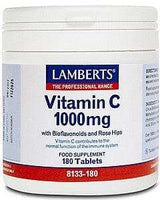
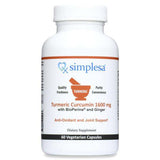









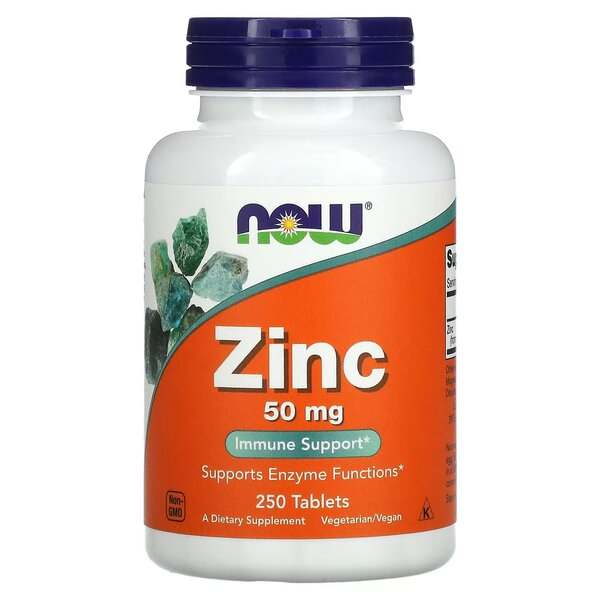




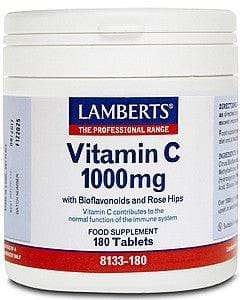
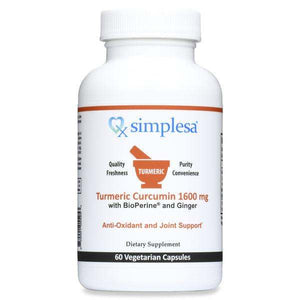














 Rated Excellent by 26,523+ Reviews
Rated Excellent by 26,523+ Reviews